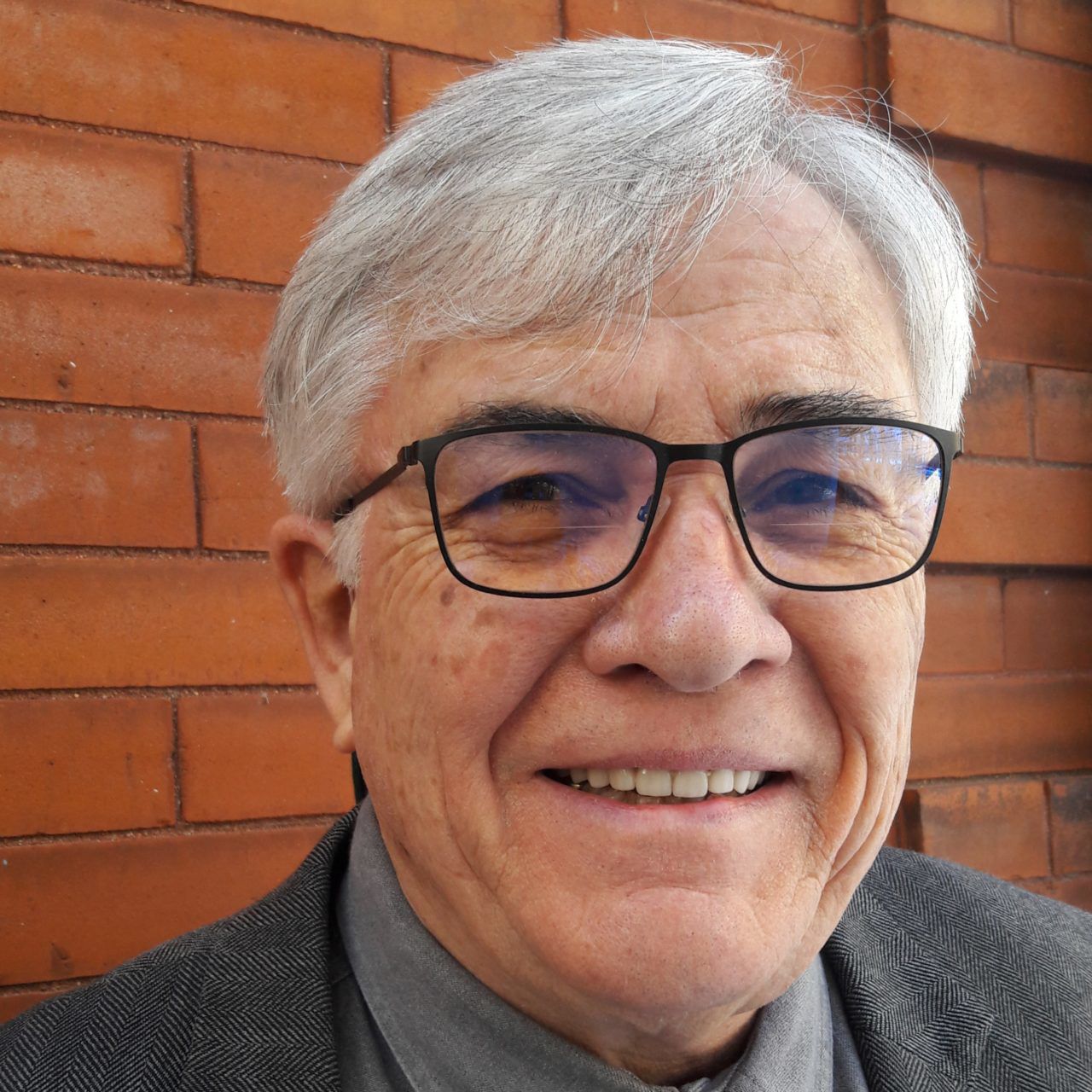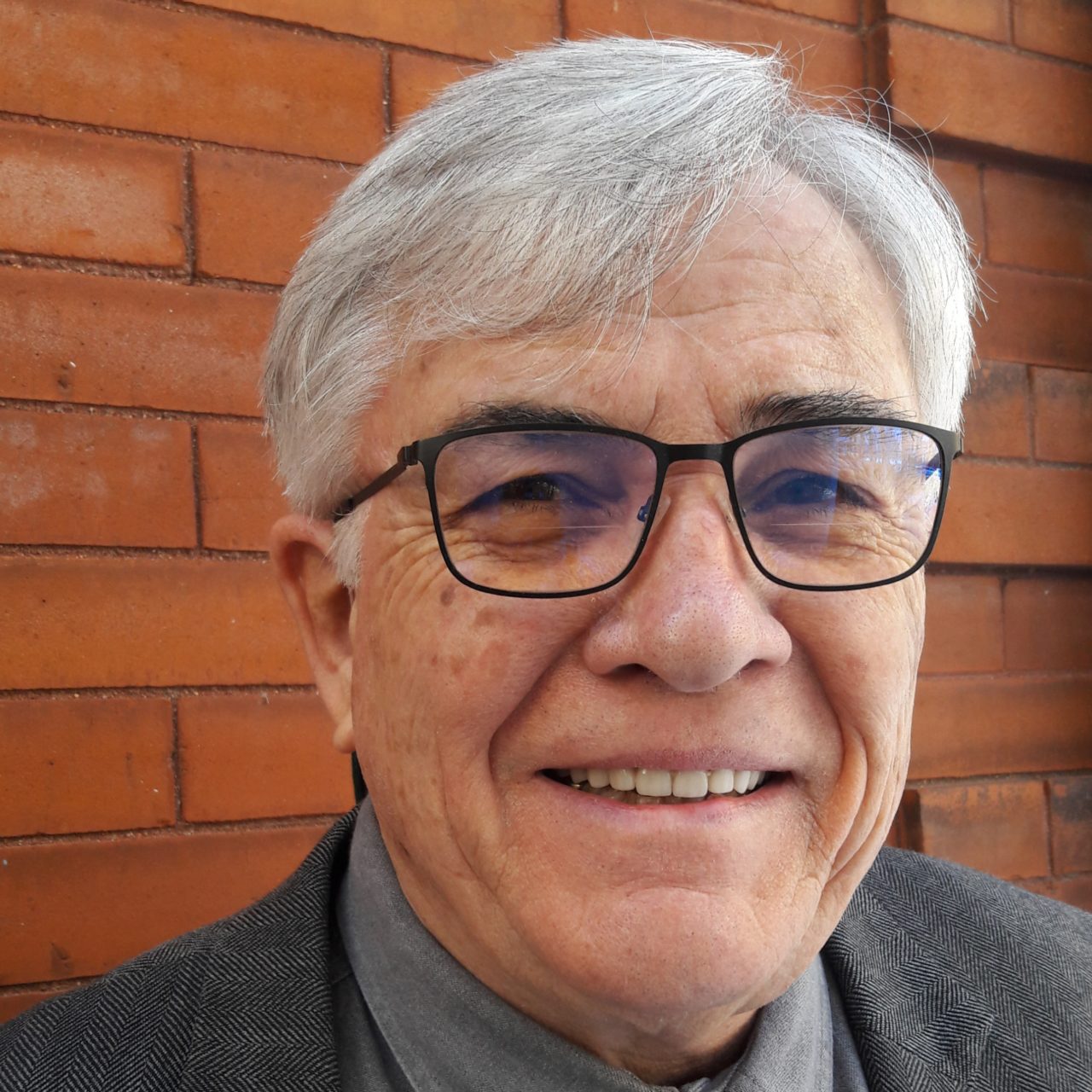HUDSON | Common sense eludes in air-, water-quality debate


The unexpected election of Donald Trump in 2016 triggered a tsunami of speculation from the American commentariat. At first I printed copies of nearly all these predictions on the presumption they would offer something useful to peruse for my own op/eds. I soon was forced to trim the growing archive back to a single column per outrage. I seem to have curated a nine-inch stack that is largely useless.
If voters were to deliver him the keys to the White House, Michael Bennet recently promised it was likely whole weeks might slip by without media notice. I suspect this assertion sent more than a few chills down the spines of opinion page editors. While the average voter would be delighted to sleep through the night without worry of waking to phlegm-flecked tweets from our president, these have been fat years for columnists and their minders. Whenever you find yourself flirting with writer’s block, you can just wait 15 minutes. Something jaw-droppingly unseemly is surely headed your way.
It’s been surprising that the “Make America Great Again” agenda has landed on the theory that rolling air and water regulations back 40 years will prove a blessing. We’ve always known this administration is attempting to steer the ship of state by staring intently at the rear-view mirror for signs of greatness. This is no secret. But Coloradans who remember the ’80s recall Denver’s brown cloud. It wasn’t the slightly yellow tinge we still experience on exceedingly hot summer afternoons, but a viscous, brown fog that made it impossible to discern vehicles a few blocks away on downtown Denver streets.
This miasma was far worse during winter months than summer and there were regular health warnings issued urging children and the elderly to remain indoors. The first attempts to remedy this situation were halting and largely ineffective. A Colorado State University analysis of the state’s emissions control trial in 1980 found the mechanical adjustments made to the approximately 10% of vehicles that failed to pass inspection usually produced less than 30 days of improvement before they returned to polluting heavily again.
This seemed like a lot of expense and inconvenience for very little public benefit. During a House Transportation Committee hearing on the program, Dickie Lee Hullinghorst, then an environmental lobbyist who would become a respected and effective Speaker of the Colorado House 30 years later, testified it wasn’t important whether the program actually improved air quality so long as we reminded drivers their vehicles were contributing to pollution. This struck me as a case of good intentions gone astray. I suggested that it would be far cheaper to mail postcards to registered drivers if this was all we wanted to achieve.
Eventually technology, in the form of catalytic converters and the mobile monitors you frequently see parked along Interstate access ramps, began to turn the tide. The screening monitors were developed at the University of Denver and designed to identify the most egregious polluters. The Air Pollution Control Commission rejected them with disdain. It would take nearly a decade to accept their utility.
The recent decision by Gov. Polis to ask the EPA to place Colorado on its watch list for ozone violations shows that government can stumble, but will eventually attempt to do the right thing. What is the public benefit in pretending we don’t have a problem?
The federal decision to roll back water quality standards reminds me of a bizarre enforcement action in Socorro, New Mexico, during the early ’90s. The owner of a World War II era, adobe-walled motel operated a large air conditioning unit to cool his string of rooms. Condensate from the chiller drained across a dirt parking lot where it had pooled for years, creating a mud puddle the size of a bus, perhaps 200 square feet. There were a few cattails and a swarm of gnats in an otherwise harsh, desert climate. State regulators warned the proprietor he could not modernize his motel because it would endanger this entirely artificial wetland. Following months of aggravation he cut electricity to and then removed the compressor over a weekend, taking his chances with the bureaucracy.
Einstein observed, “The difference between genius and stupidity is that genius has its limits.” My wife broke her foot last week, so I trekked to the Motor Vehicle office in Five Points to pick up a temporary disabled placard authorized by her orthopedist. I was informed Denver couldn’t issue her permit to me without a notarized power of attorney from the patient. When I pointed out that if Cindy could stroll in to collect her permit, she probably didn’t really need it, I failed to dissuade the clerk from strictly adhering to “departmental rules.” Allegedly, we will receive her tag in the mail. What’s happened to common sense?
Miller Hudson is a public affairs consultant and a former legislator. He can be reached at mnhwriter@msn.com.













